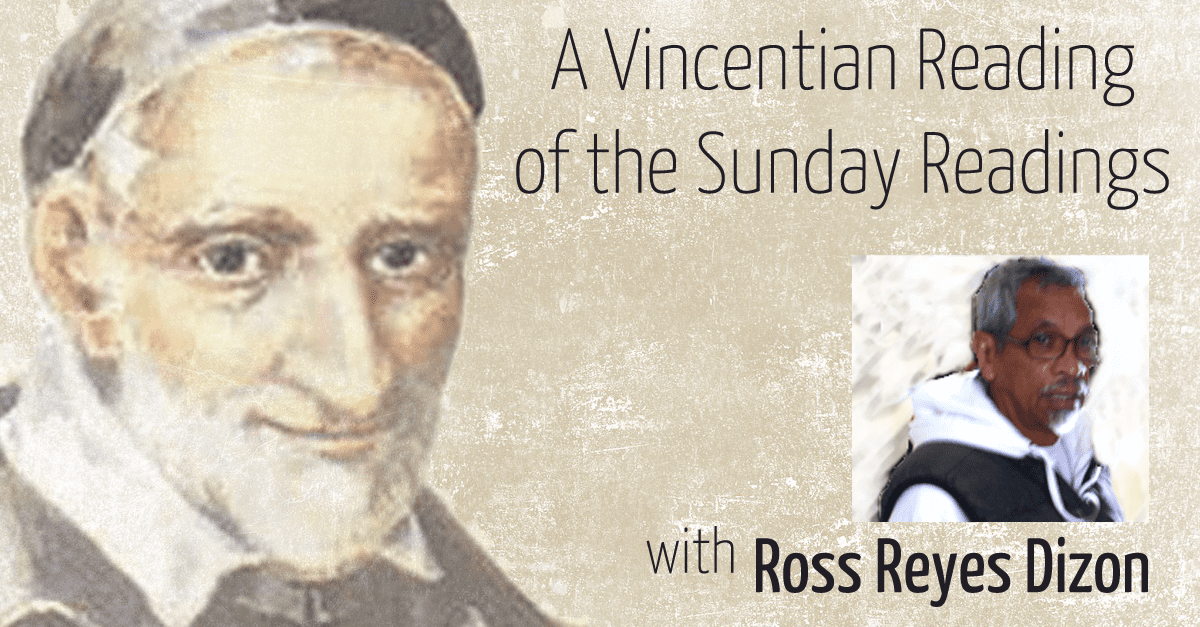Perishable, Yet Saving Just the Same
The Word becomes flesh; the imperishable, perishable. And he shares in our humanity so that we may share in his divinity.
Jesus says that he is the bread that came from heaven, which makes the Jews grumble. They are sure that he is from the same land as they and as perishable as they are. They know his mother and his father.
And it is not that they debate him as a fellow Rabbi. Had it to do with an exchange of ideas, it would still be OK, even though blunt. But “grumbling” sends us back to Exodus (15, 4; 16, 2; 17, 3); it was what those who lacked faith in God did.
So, to grumble is to lack faith. And Jesus’ answer addresses this matter. For he says to them, in part: “Whoever believes has eternal life.”
And Jesus does not go back on what he has said. He says again that he is the bread of life, the bread that came down from heaven. And he adds that those who eat this bread will not die.
But Jesus also makes clear to the grumblers that to come to him is not due to human work. He tells them, “No one can come to me unless the Father who sent me draw him.”
Hence, to belong to the Son, one cannot rely on human wisdom or the works of the law. One has to have the Father as teacher. And one who listens to the Father and learns from him cannot but go the Son.
Not to accept the perishable is to run the risk of rejecting the imperishable.
It seems, then, that there is a warning for those who presume to know it all. He puts faith before them, which those who ate manna, but died, lacked.
But those who believe will live forever; faith means rising to life on the last day. And grumbling, yes, for lack of faith brings death.
They grumble since Jesus is human; this is why they stumble. But they are in for more shock later. For he will say, “The bread that I will give is my flesh for the life of the world.”
It is odd that that he should say this; he does not want us to work for perishable food. And is not flesh perishable? Still and all, he will say again four more times what he has said. And through his flesh and blood, —perishable food—, we believers can share the fullness of the imperishable Word. We can have grace for grace and truth, so that we may not spoil.
Of course, it is hard for us to understand. But like any mystery, it asks us to live it more that to reason it out (St. Bonaventure). We accept the call, “Come,” so that we may see, in the light of the Holy Spirit, as the Father, as Jesus, sees (Jn 1, 39). Then, we live as poor people, as the caller asks. For we are to leave behind all securities, certainties and merits that we amass as we keep the law.
So, those who are true to the call will be among Yahweh’s poor, folks of simple and living faith (SV.EN XI:190; SV.EN XII:142). The Father makes known to them what he hides from the presumptuous.
Lord Jesus, make us feed on your flesh and blood. We shall thus get the strength we need for a long and hard journey. Thus also, will we persevere in imitating God and living in love, till we who are perishable become imperishable.
8 August 2021
19th Sunday in O.T. (B)
1 Kgs 19, 4-8; Eph 4, 30 – 5, 2; Jn 6, 41-51







Thanks, Ross